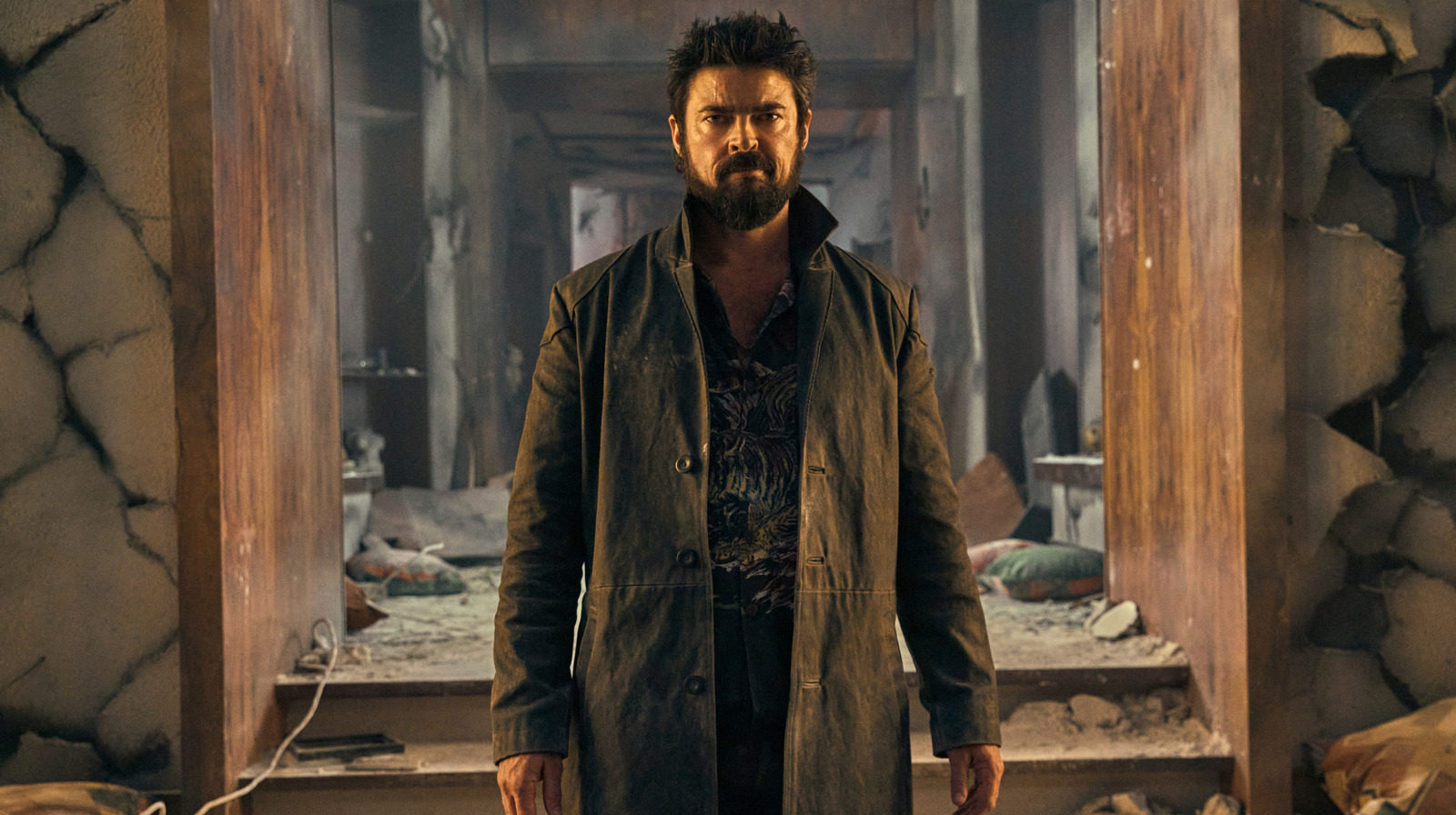A former vice president for the Madison Square Garden Entertainment Corporation is suing the company, alleging he faced unlawful discrimination, hostile treatment and wrongful termination based on disabilities, according to a lawsuit filed Thursday with the U.S. Southern District Court of New York.
The ex-employee named in the suit, Donald Ingrasselino, is also suing for retaliation based on his disabilities (specifically his request for reasonable accommodations), the corporation’s response to his whistleblower complaints and breach of contract, among other grievances. In addition to the disability discrimination, the lawsuit outlines a litany of ways the company allegedly breached fans’ privacy rights and illegally collected personal information.
Ingrasselino says he was fired in retaliation for raising concerns about what he describes as unlawful and unsafe practices inside MSG’s security operations. And despite Ingrasselino’s efforts to keep his disabilities private, his supervisor, MSG’s chief security officer John Eversole, allegedly disclosed the disabilities to colleagues and subjected him to harassment and discrimination, causing stress that resulted in other medical conditions, the lawsuit said.
“Although we have not yet been served, we are aware of the complaint and these baseless allegations, which we vehemently deny and will vigorously fight in court,” a spokesperson for Madison Square Garden Entertainment told The Athletic. “This is just another example of predatory law firms attempting to leverage the media and extort fees and payoffs.”
While the crux of the lawsuit involves violations of protections for employees suffering from health conditions, Ingrasselino also alleges he was ordered to conduct surveillance on fans and employees without legal justification. He specifically pointed to the improper use of facial recognition technology to target perceived enemies.
Those perceived enemies allegedly “included MSG venue guests, lawyers, customers, and sports fans who articulated frustration with team losses, chanting for Mr. Dolan to sell the Knicks, or simply using foul language.”
“Mr. Ingrasselino pushed back against assignments he and his team were given to conduct overreaching surveillance of MSG guests, customers, and employees, including directives to take photographs of the individual and their family members, and obtain their social security number and financial information,” the lawsuit said.
Ingrasselino said he brought his concerns to “numerous directors at MSG” and informed them of what he called “the blatant and unjustified invasion of these individuals’ privacy” and the company’s lack of protocols for how to handle such information. He describes the data as “widely disseminated” and accuses the company of misrepresenting its use of surveillance technology to primarily protect attendees rather than target “personal enemies.”

James Dolan, CEO and executive chairman of Madison Square Garden Entertainment, has faced personal criticism and near-constant calls to sell the New York Knicks. (John Lamparski / Getty Images)
As for the personal mistreatment complaints, Ingrasselin said in the suit that he was discriminated against in a hostile work environment because of his age and medical condition, Type 1 diabetes. The suit alleges that Eversole mocked his illness and referred to him as “too old” for the job.
Ingrasselino, 49, joined the company in August 2021 and served as MSG’s vice president of shared security services until February 2024. Though he worked without issue under his original supervisor, he said Eversole often threatened to fire him for his medical needs and took joy in humiliating him.
“Mr. Eversole informed his coworkers that Mr. Ingrasselino is ‘sick’ and would ‘die if he eats sugar (because) he’s weak,’” the lawsuit said. “(Eversole) further taunted him by placing sweets outside of Mr. Ingrasselino’s office while remarking that he could not eat them because he is ‘sick.’”
Also of concern to Ingrasselino, his lawsuit said, was the sexualization of female staff by executives and the alleged use of surveillance tools to discriminate against marginalized classes of people. He outlined an example of a transgender woman “who was a friend to a number of Knicks players.”
“Mr. Eversole directed MSG security leadership to keep a transgender woman named ‘Mia’ on the ‘do not enter’ list through use of the facial recognition software, telling them to ‘keep him or it or whatever it is away from the (Knicks) players’ (referring to Mia),” the lawsuit said. “Mr. Ingrasselino believes that Mia was targeted because of her gender identity and not because she posed any type of legitimate threat to MSG or to the Knicks. During several weekly leadership meetings, in which Mr. Ingrasselino was in attendance, Mr. Eversole would take a photo of ‘Mia’ from his cell phone and show everyone in attendance, openly mocking and ridiculing her to all meeting attendees.”
Among the individuals allegedly targeted for surveillance at Eversole’s direction was a woman who accused Dolan of sexual abuse in a Jan. 16, 2024, lawsuit. Ingrasselino said Eversole told him and several colleagues to find ways to secretly record the accuser’s phone conversations for Dolan.
“Prior to leaving the office, Mr. Ingrasselino informed Mr. Eversole that they needed to be wary of potential witness tampering, to which Mr. Eversole responded, ‘Just get me the equipment and stop thinking,’” the lawsuit said.
The sexual abuse lawsuit was dismissed in September 2024.
Eversole also told employees to carry firearms on MSG premises and carried his own gun at work, Ingrasselino’s suit said. The lawsuit goes on to say Ingrasselino complained about those directives, which he said were illegal because the guards were “serving as MSG security as opposed to carrying them as private individuals.”
Security guards in New York are required to hold additional certifications and training to be armed on the job, and Ingrasselino said he was ignored when raising concerns about legality and personal discomfort.
Ingrasselino is seeking punitive damages, compensation for lost wages and benefits and medical expenses.
(Photo: Angelina Katsanis / Getty Images)










